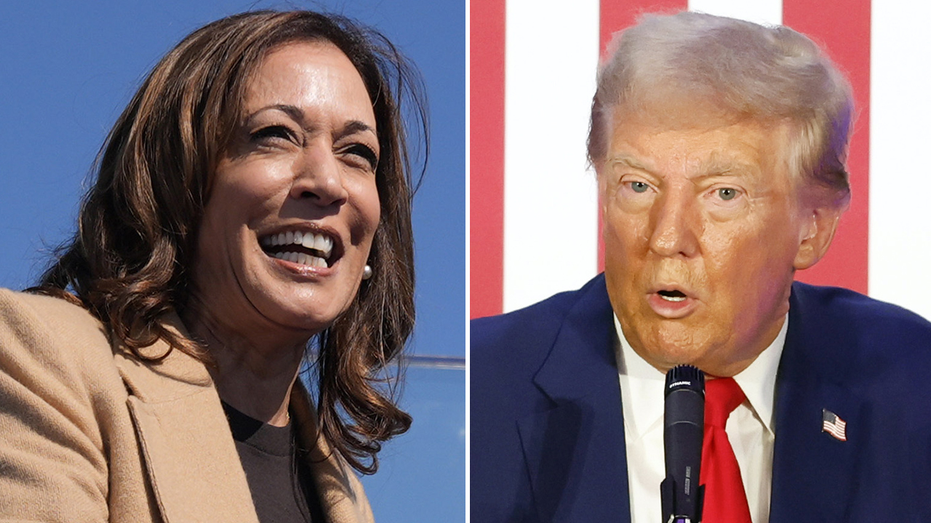Burberry, LVMH and Kering: Rebound of travel and China to boost luxury market
Analysts have stressed the problems in the luxury market are cyclical, not structural, and predicted an upswing at brands like Burberry, LVMH and Kering as international travel looks set to rebound past pre-pandemic levels. The downturn in the luxury market, which has been suffering from the cost-of-living crisis in the West and a slowdown in [...]


Analysts have stressed the problems in the luxury market are cyclical, not structural, and predicted an upswing at brands like Burberry, LVMH and Kering as international travel looks set to rebound past pre-pandemic levels.
The downturn in the luxury market, which has been suffering from the cost-of-living crisis in the West and a slowdown in China, has affected nearly every firm in the industry – bar those with the strongest brand power, like Hermes.
“Despite signs of a cyclical downturn in the luxury sector in 2024… the strengthening of US tourist flows to Europe and a rebound in Chinese international travel offer a glimmer of hope,” Jelena Sokolova, Senior Equity Analyst at Morningstar said.
“With valuations appearing increasingly attractive, we view the current challenges as cyclical rather than structural. Our top picks include Richemont, Kering, and Burberry, all boasting strong competitive advantages,” Sokolova added.
International tourism is set to return to pre-pandemic levels this year.
How tourism is helping to boost the luxury market
While the rebound in Chinese travel remains far below the global average, summer travel in China increased by 23 per cent domestically and 93 per cent internationally this year, according to Travelsky data.
Travel from America, too, increased by more than 14 per cent in 2024 and outpaced pre-pandemic departures by 11.3 per cent.
International travellers are crucial to the global luxury market, with Chinese shoppers traditionally spending two-thirds of their luxury budget abroad pre-pandemic, according to Morningstar.
“The potential for Chinese luxury consumption remains strong, poised for growth once sentiment improves, as consumption was 10 per cent below pre-pandemic levels in 2023 and consumers still retain excess savings,” Morningstar analysts said.
Analysts at RBC, too, predicted a similar trend to stabilisation in the market, adding that they saw opportunities for bigger, more diversified and global businesses like LVMH.
That might not be the only reason luxury firms with an international presence may be set to benefit more than those based in Europe, with Chinese tourists increasingly travelling to destinations closer to home like Japan or the Middle East.
Gains in London, particularly, may be further pared back due to the city’s tax landscape, which unlike comparable cities in continental Europe such as Milan or Paris does not allow shoppers to reclaim their VAT spent on goods.



